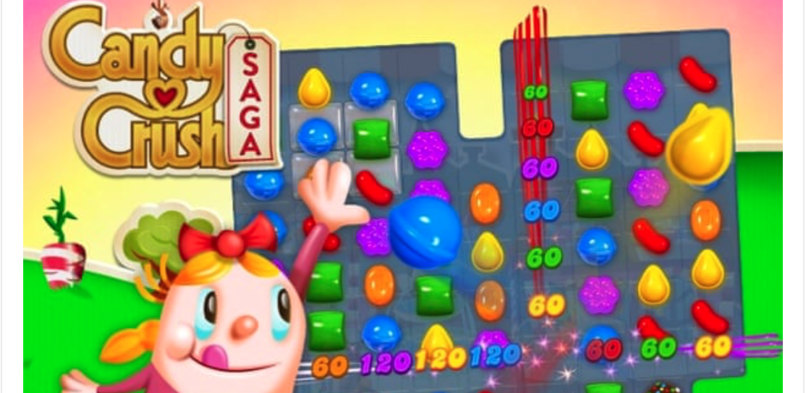What video games have to teach us about compulsive gambling.

What video games have to teach us about compulsive gambling.
April 1, 2014 Comments Off on What video games have to teach us about compulsive gambling.This strategy is known as a variable ratio schedule of reinforcement and is the same tactic used in slot machines; you can never predict when you’re going to win, but you win just often enough to keep you coming back for more.
Steve Sharman, a Ph.D. student in psychology at the University of Cambridge researching gambling addiction, explains that the impression that we are in control of a game is key to its addictive nature and is vital when playing a slot machine, for example. “The illusion of control is a crucial element in the maintenance of gambling addiction … [as it] instills a feeling of skill or control,” he says. “There are a number of in-game features [such as the boosters in Candy Crush] that allow players to believe they are affecting the outcome of the game, and in some cases they are, but those instances are rare.”
I approached the game’s maker, King Digital Entertainment, for a comment, but the company declined my request for a formal interview. However, in its recent F-1 filing documents King disputes this assertion, claiming that while gambling is a game of chance, its games are casual games that are “easy to learn but hard to master”. It believes that Candy Crush is predicated on players reaching a certain level of skill and ability and that you have to be strategic in how you move the candies around.
Another feature of the game that strongly affects how we respond is the limit on how much we can play at any given time. Candy Crush effectively puts you into “time out” after five losses. This means you can never be completely satiated when playing and always leaves you wanting more. And by not letting you play, the game actually becomes even more rewarding when you are let back into Candyland. This is also how Candy Crush makes its money, letting you buy back into the game if you’re willing to purchase extra lives.
Researchers from Harvard and the University of British Columbia have demonstrated this effect, called hedonic adaptation, in a study using real-life candy bars. Participants were divided into two groups: one was told to abstain from eating chocolate for a week, while the other was given pounds of the stuff and told to go wild. After one week, the participants were brought back into the lab and given a piece of chocolate to savour.
The results? Those who had been deprived rated the chocolate as significantly more pleasurable than those who had been able to eat it freely. So it seems the deprivation makes the reward that much sweeter in the end.
Want to understand what is being done to people in the gambling establishments of our nation? Just play this game for a while.
And, ask yourself, exactly how in control of gambling is anyone given the levels of psychological trickery being employed?
Now, how about if your IQ is a bit lower then average?
And, what about if you are drunk?
Something to think about…